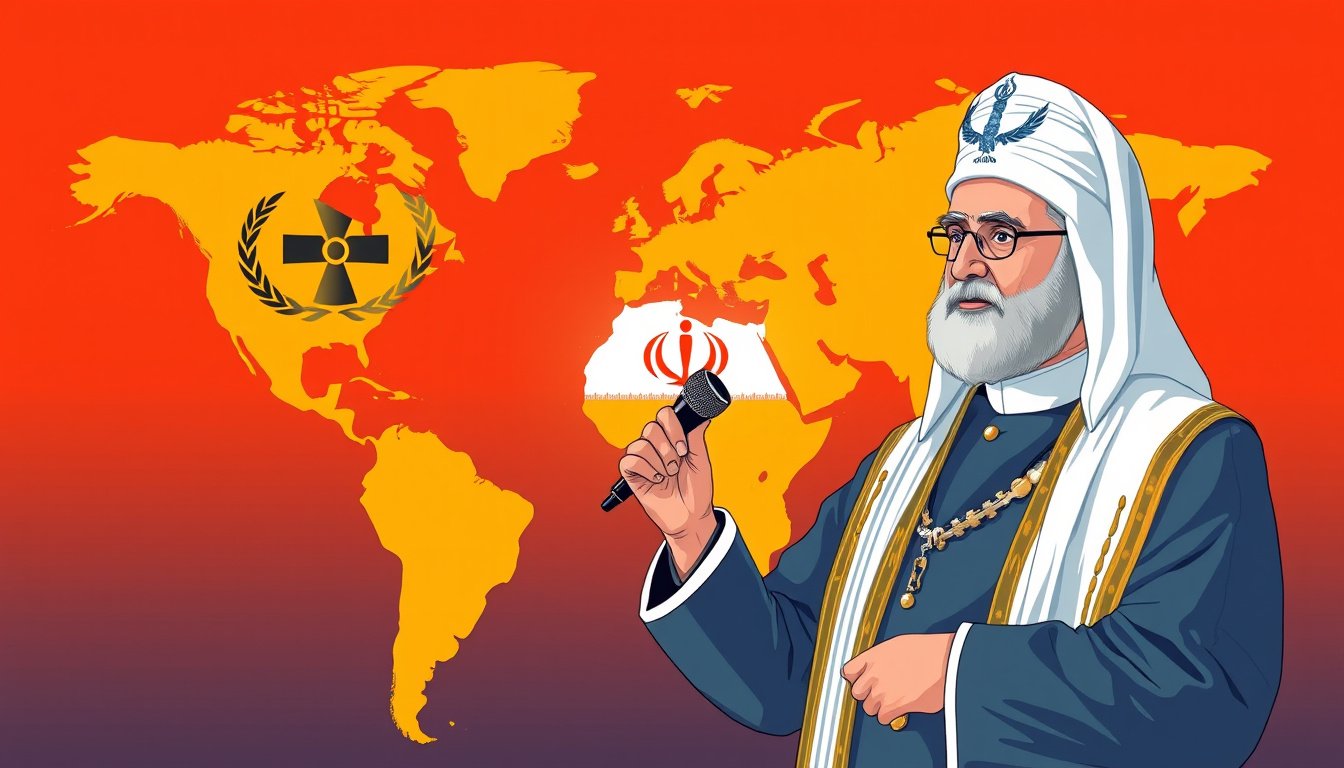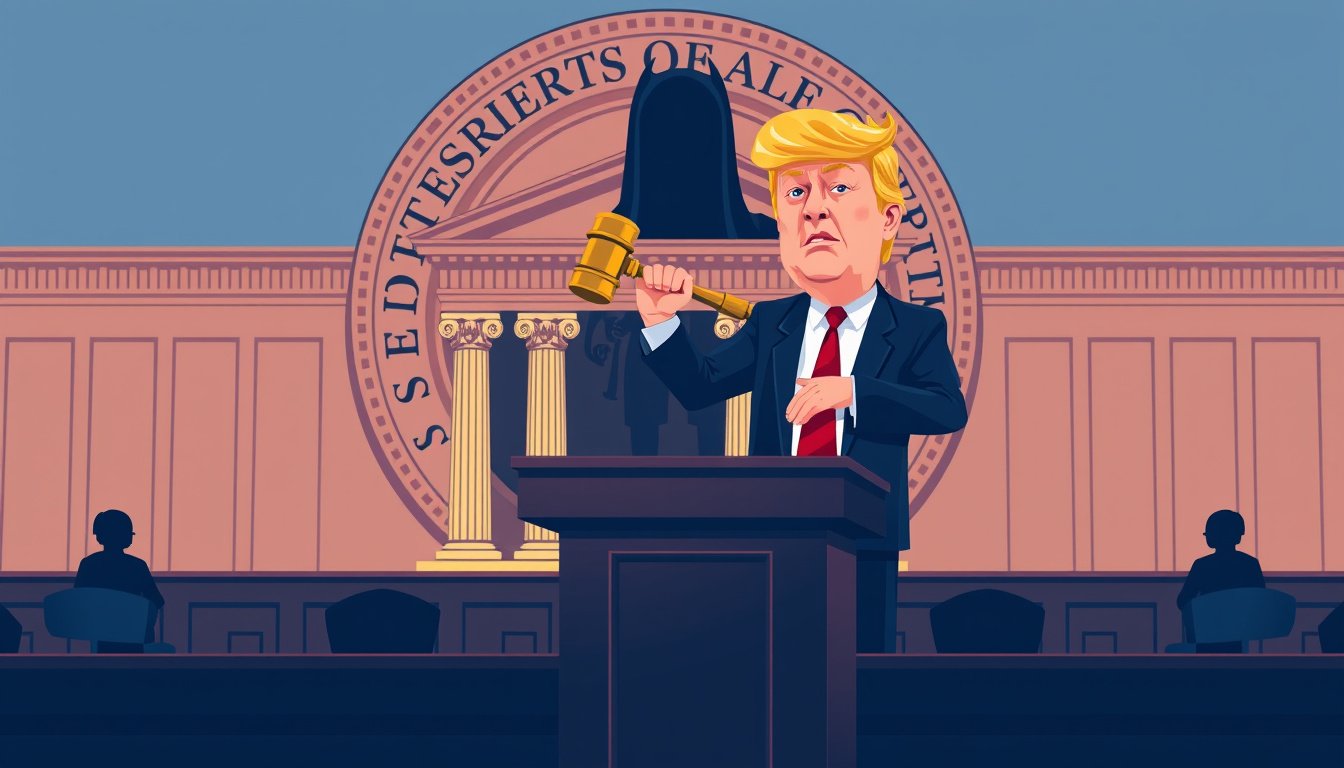In a high-profile case drawing significant media attention, the legal team for Luigi Mangione, accused of the murder of UnitedHealthcare CEO Brian Thompson, is mounting a vigorous defense against the potential imposition of the death penalty. This case, a tragic intersection of crime and high-stakes healthcare issues, raises compelling questions about justice, political motives, and the judicial process in America.
Brian Thompson was tragically killed on December 4, 2024, in what prosecutors describe as a meticulously planned assassination carried out by Mangione, a 26-year-old man with a notable educational background and family connections. Thompson, a father of two, became an emblem of personal loss amid broader discussions regarding the impacts of the healthcare system in the U.S. As the details of the case unfold, they reveal Mangione’s alleged grudge against the health insurance industry as a potential motive for the shocking crime.
Mangione’s attorney, Karen Friedman Agnifilo, has contended that the pursuit of capital punishment is politically charged and lacks the substance typically associated with such severe legal actions. In court filings, she criticized Attorney General Pam Bondi’s assertion that seeking the death penalty aligns with former President Trump’s agenda to combat violent crime, labeling this approach as a “political stunt.” Agnifilo argues that the parameters for seeking capital punishment should be rooted in the specifics of the case itself rather than influenced by external political motivations or media sensationalism.
The courtroom drama intensifies as Agnifilo has sought additional time to prepare her defense, arguing that the expedited move to seek the death penalty deprives her of the necessary resources to mount a comprehensive argument. The urgency of the prosecution’s actions may further complicate the case, forcing a collision between judicial fairness and external pressures.
A particularly contentious aspect of the case involves the consideration of Thompson’s position as a CEO during the legal deliberations. Agnifilo has pointed out that there is no statutory basis for taking the social or economic status of a victim into account when considering death penalty eligibility, highlighting her concern over the potential for bias in the application of justice.
As the case progresses, it not only signifies the personal tragedies involved but also encapsulates larger societal issues, including the intersection of crime, politics, and the healthcare industry. The ramifications of the case may reverberate beyond the courtroom as discussions regarding public safety and systemic flaws in healthcare continue to dominate the national dialogue.
With the spotlight now firmly on the courtroom proceedings, the legal battle between Mangione and the federal government will likely provoke more than just opinions about justice; it also raises ethical questions about how our legal system handles cases involving individuals with significant societal status, and how public sentiment can sway judicial processes. As both sides prepare for a protracted legal fight, the nation watches closely, awaiting the outcomes that will undoubtedly influence future cases and potentially shape legislation regarding the death penalty and healthcare reform.










